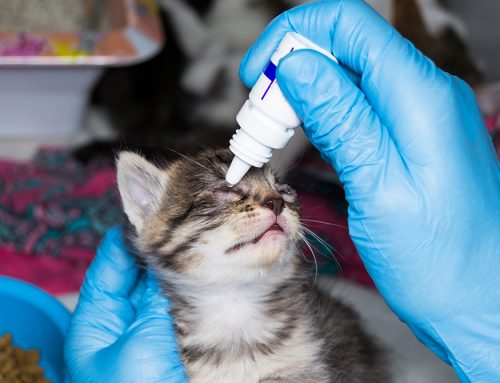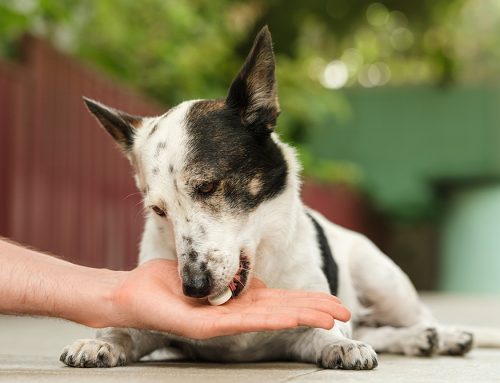Overview:
Hypothyroidism is a common endocrine disorder in dogs characterized by an underactive thyroid gland. This condition leads to a deficiency in thyroid hormones, which are crucial for regulating metabolism, growth, and energy levels. Without adequate thyroid hormones, a dog’s body cannot maintain normal physiological functions.
Causes:
- Autoimmune Thyroiditis: The most frequent cause, where the immune system mistakenly attacks the thyroid gland.
- Thyroid Gland Atrophy: Gradual loss of thyroid tissue leading to decreased hormone production.
- Tumors: Rarely, tumors on the thyroid gland can cause hypothyroidism.
- Congenital Conditions: Some dogs are born with thyroid gland issues that lead to hypothyroidism.
Symptoms:
- Weight Gain: Unexplained weight increase despite normal diet and exercise.
- Lethargy: Reduced energy levels and reluctance to exercise.
- Cold Intolerance: Sensitivity to cold temperatures, seeking warm places.
- Skin Changes: Dry, flaky skin, hair loss, and dull coat.
- Ear Infections: Frequent ear infections or inflammation.
- Behavioral Changes: Increased irritability or depression.
Diagnosis:
To diagnose hypothyroidism, a veterinarian will typically perform:
- Physical Examination: Assessing symptoms and overall health.
- Blood Tests: Measuring levels of thyroid hormones (T4, T3) and thyroid-stimulating hormone (TSH) to determine thyroid function.
- Thyroid Function Tests: Specific tests to evaluate thyroid gland activity.
Treatment:
- Thyroid Hormone Replacement: The primary treatment is daily oral medication with synthetic thyroid hormones, usually levothyroxine.
- Monitoring: Regular follow-up visits are necessary to adjust medication dosages and monitor thyroid hormone levels.
- Diet and Weight Management: Adjusting diet and managing weight may be recommended to support overall health.
Prognosis:
With appropriate treatment, most dogs with hypothyroidism can lead normal, healthy lives. Lifelong medication is often required, and regular veterinary check-ups are essential to manage the condition effectively.
When to Seek Veterinary Care:
If you notice any signs of hypothyroidism in your dog, such as weight gain, lethargy, or skin changes, it’s important to consult with a veterinarian. Early diagnosis and treatment can prevent complications and improve your dog’s quality of life.
Contact Us:
For more information or to schedule a walk-in visit, contact Mission Veterinary Clinic:
- Location: 16915 San Fernando Mission Blvd, Granada Hills, CA 91344
- Phone: 818-363-8143
Note: Mission Veterinary Clinic is an urgent care facility that operates on a walk-in basis. We do not take appointments and see patients based on severity. Once we reach capacity, we must stop seeing clients.
For additional information about our services, please visit missionvet.com.










Leave A Comment